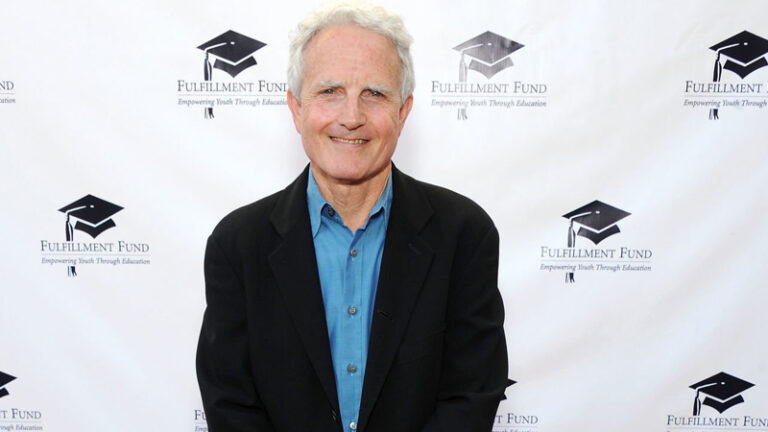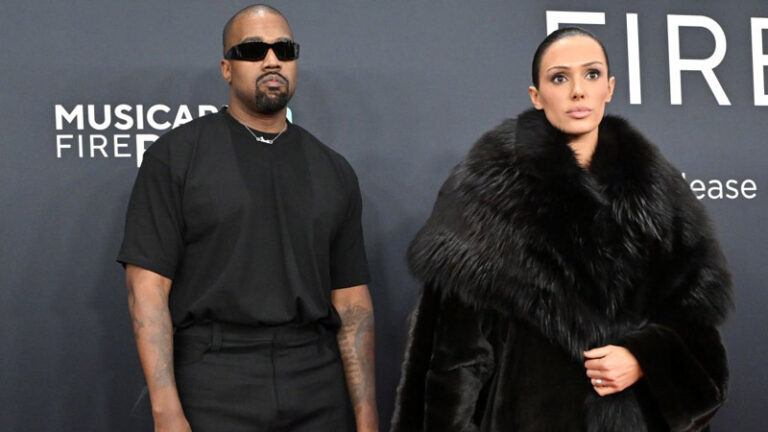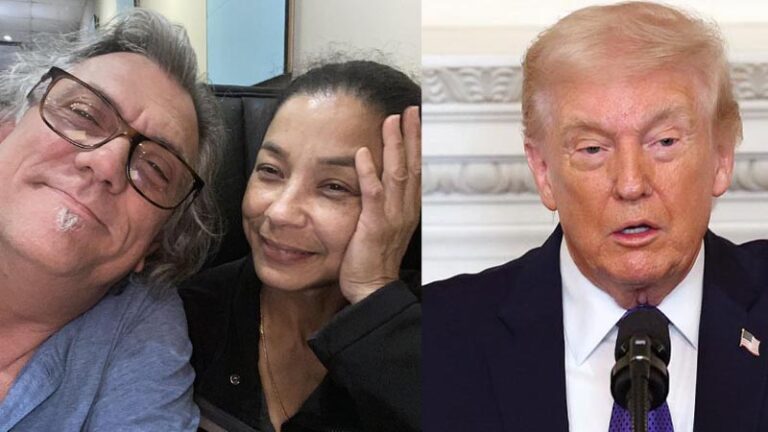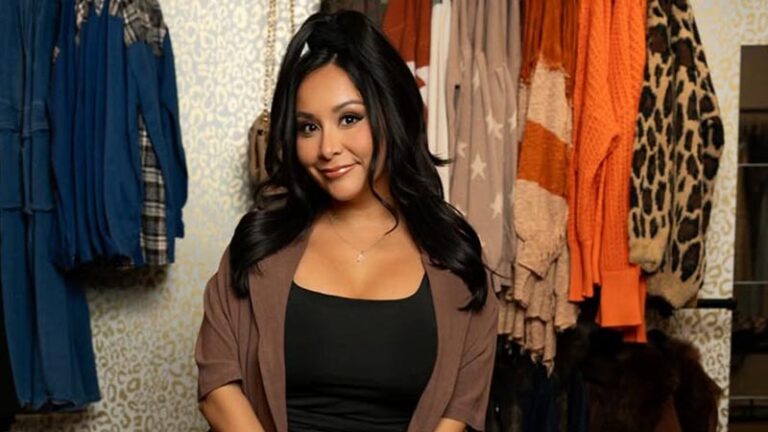
(Photo by Simone Joyner/Getty Images for ABA)
Drake has become the center of a growing controversy after a new lawsuit alleged that billions of fake streams helped inflate his music numbers over several years. The legal action, filed in a California court by rapper RBX, accuses a major music platform of turning a blind eye to widespread fraudulent streaming activity that benefited the superstar between 2022 and 2025.
According to the lawsuit, the platform failed to address large numbers of fake accounts that used bots and VPNs to artificially boost Drake’s plays. These fabricated streams reportedly distorted how revenue was distributed, causing smaller artists to lose millions of dollars while Drake’s figures continued to rise.
Although the “Which One” rapper was not directly accused of creating or commissioning the fake activity, the complaint identifies him as the biggest beneficiary of the alleged manipulation. The filing claims that more than 250,000 plays of Drake’s track “No Face” appeared to originate from Turkey, yet were recorded as streams from the United Kingdom—an irregularity that raised serious questions about the authenticity of the data.
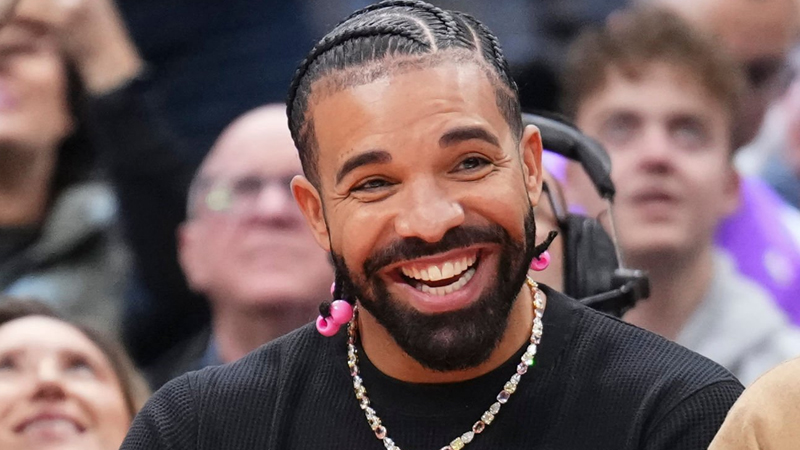
Investigators also discovered suspicious listening patterns, with some accounts reportedly streaming Drake’s music for nearly 23 hours a day. Such behavior, the lawsuit argues, is consistent with automated systems designed to inflate play counts and royalty earnings.
RBX’s attorney, Mark Pifko, said the legal action seeks to expose what he described as a hidden structure that “quietly hurts real artists.” The plaintiffs are requesting more than $5 million in damages and are pushing for full disclosure of how many musicians were affected by the alleged manipulation.
The case sheds light on the growing problem of artificial streaming in the music industry, where inflated numbers can boost an artist’s visibility, increase payouts, and influence chart rankings. Critics have long warned that streaming fraud undermines fair competition, making it harder for smaller artists to gain traction on popular platforms.
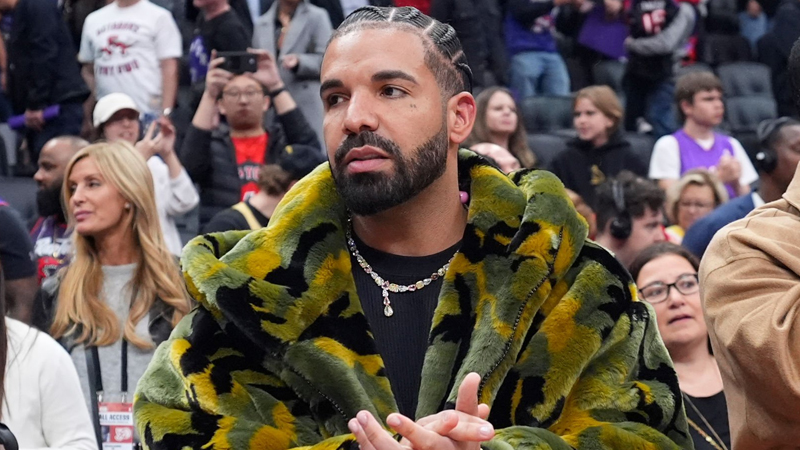
Adding another layer of intrigue, the timing of this lawsuit comes only weeks after Drake’s own legal case against another record label was dismissed. While there is no direct link between the two matters, observers have noted that the new filing could place additional scrutiny on Drake’s streaming performance and relationship with digital platforms.
As the court prepares to examine the claims, both the music industry and fans are watching closely. The outcome could have major implications for how streaming data is verified and how fairness is enforced across digital music services worldwide.


